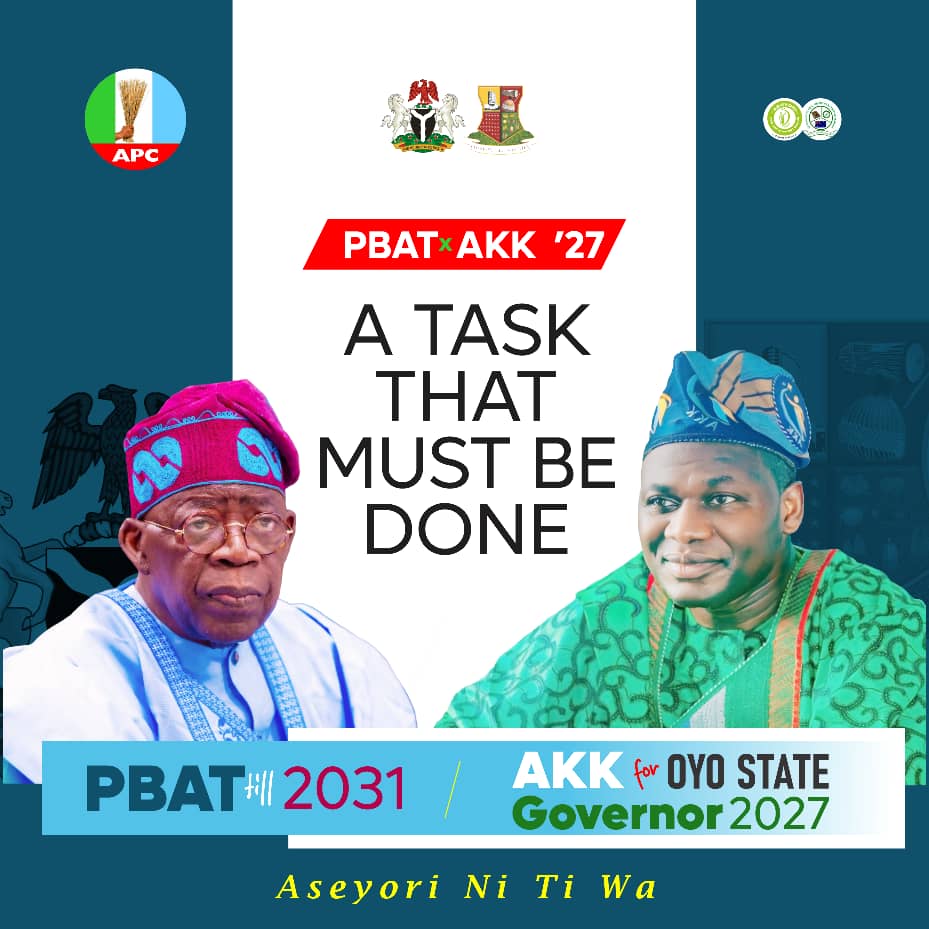
Late-Stage Capitalism of BAT: A Disgrace to the True Afenifere ideology of Awolowo, Ajasin, and Adesanya.
The 18th century British political philosopher, Jeremy Bentham in his book ” Introduction to the Principles of Morals and Legislation “, postulated on his theory of utilitarianism that government exists for the greatest good of the greatest number of people! For President Tinubu, he seems to believe in prebendal and rent seeking politics which lack inclusivity in delivery of public goods in his fiscal and monetary policies which are targeted at delivering the good for the few. The late sage, Chief Obafemi Awolowo, in his book, “Voice of Courage” wrote about providing the basic good for the masses when he said that the average citizens don’t need too much other than to have money to send their children to school and drink “ogogoro” (alcohol). For non eschatologist, this statement by Awo represented his utilitarian ideology of seeking the highest happiness of the masses as against the BAT regime where we are now told to switch off our AC and fridge in order to reduce the cost of electricity bills and the masses can’t afford to drink ogogoro to keep away their sorrow with soaring cost of beer!
Yoruba politics have long been shaped by the progressive vision of Chief Obafemi Awolowo, Chief Michael Adekunle Ajasin, and Chief Abraham Adesanya. Their Afenifere ideology championed social justice, egalitarianism, and policies that uplifted the common man. However, recent trends raise concerns about a potential departure from these core principles.

The rise of President Bola Ahmed Tinubu as a prominent Yoruba leader has sparked debate. Critics argue his governance style clashes with Afenifere’s ideals. The Afenifere philosophy emphasizes public welfare, transparency, and democratic values. However, some argue Tinubu prioritizes political gain over the people’s well-being. His policies, they say, favor the elite and exacerbate social inequalities.
Furthermore, Tinubu’s political maneuvering and alleged lack of transparency contrast with the Afenifere tradition of openness and accountability. His reliance on backroom deals and opaque decision-making processes stands in stark contrast to the legacy of Awolowo, Ajasin, and Adesanya.

The economic record under Tinubu also faces criticism. Many lament the lack of progress and a shift towards policies reminiscent of “a winner takes all” capitalism. These critics point to the removal of fuel subsidies, a floating naira in an import-dependent economy, and increased electricity tariffs – all implemented quickly with little regard for the average citizen. They argue that such policies betray Awolowo’s commitment to social welfare and investing in the collective good. The bunkum from the government of still subsidising electricity by 85% for the masses falls flat to logic. Who will be at the receiving end of products from manufacturers? Even if the citizens are enjoying 85% subsidy on electricity as claimed by the government, are they not going to pay higher for goods produced by firms that are paying higher for this bills?
Tinubu’s perceived departure from Afenifere’s core values reflects a concerning trend in Yoruba politics. It threatens to erode the legacy built by Awolowo, Ajasin, and Adesanya. The Yoruba people, as custodians of this legacy, must remain vigilant in upholding the ideals of progress, equality, and social justice that have defined their political identity.
The emergence of Tinubu as a leader raises concerns about a potential divergence from Afenifere’s core values. If the Yoruba people are to reclaim the essence of their political heritage, they must critically examine policies that betray the ideals of their past leaders and strive for a future guided by the principles of Afenifere rooted in progressivism, welfarism, inclusivity and solidarity with the people!
‘Seye Akanmu-Bode is a Political Scientist ,and author of the book ” Ukulele 2023 Electoral Process: Issues, Outcomes, and Bedlam”